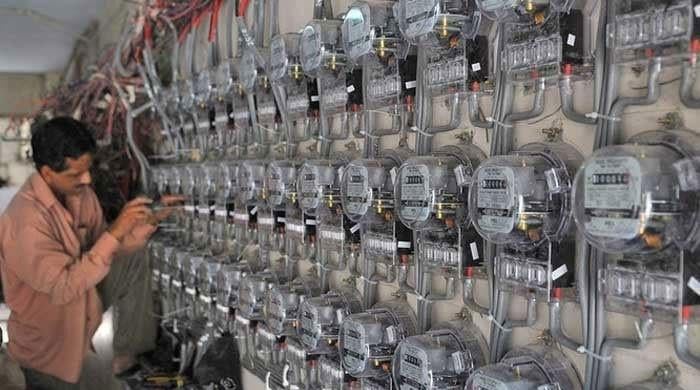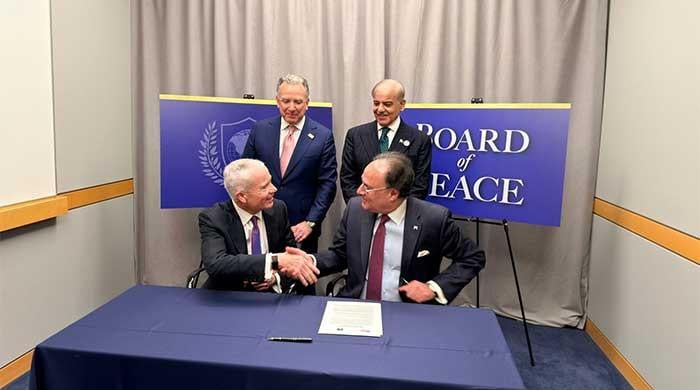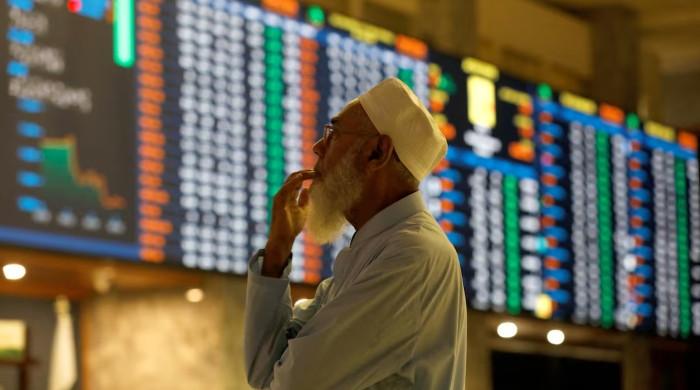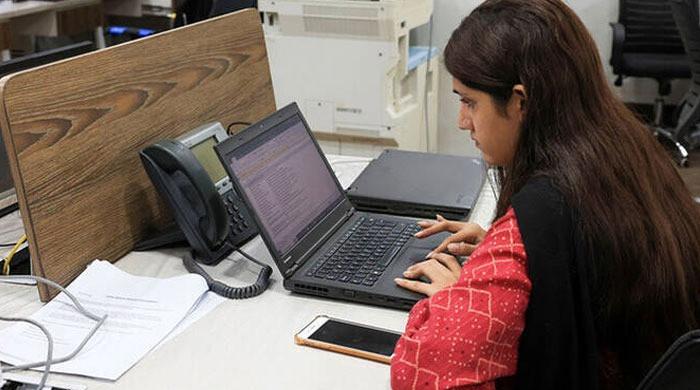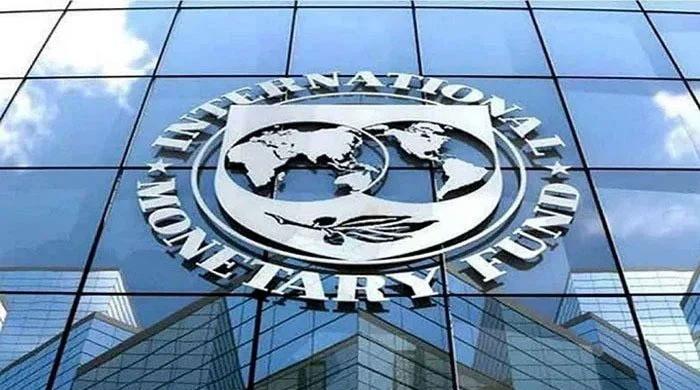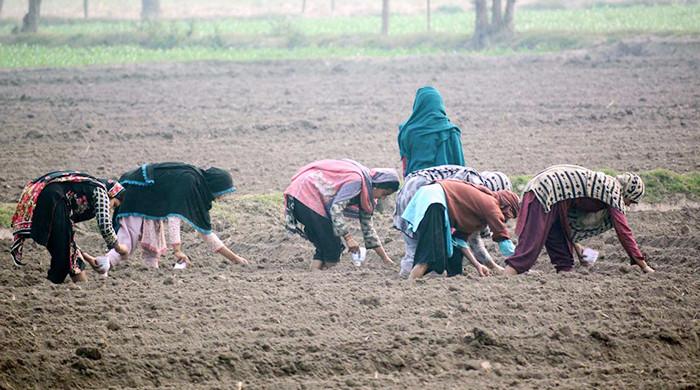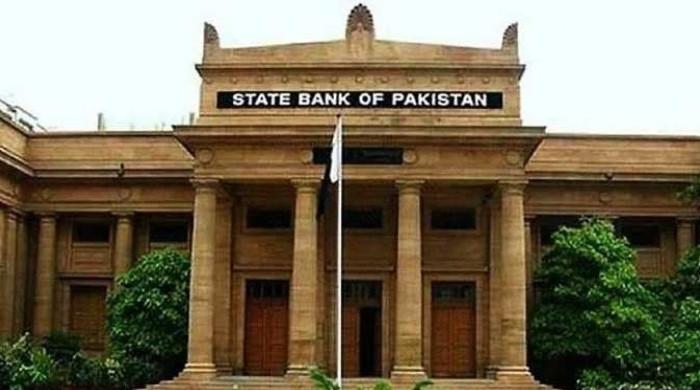IMF to help Pakistan based on UNDP, WB assessment on floods
IMF says it would send a mission in November to Pakistan for the next review
October 14, 2022
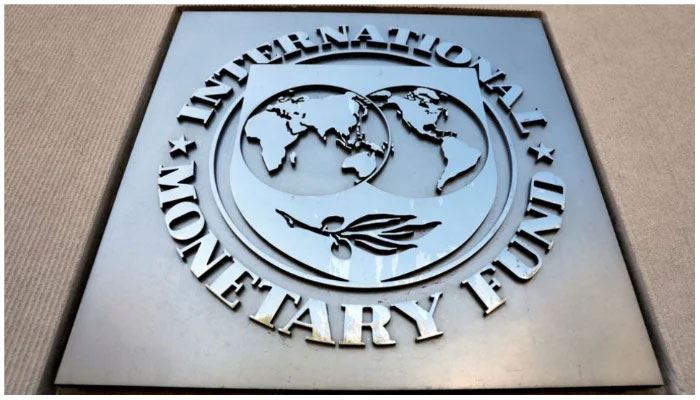
- The IMF says it will extend help to Pakistan only after it sees World Bank and UNDP's assessment of situation.
- IMF calls on Pakistan to use its resources for its people.
- IMF says subsidies are counter-productive.
WASHINGTON: The International Monetary Fund (IMF) said it is awaiting World Bank and UNDP’s assessment report and the economic devastation as a result of unprecedented flooding in the country to determine how it can help Pakistan.
The global lender also shared that it would send a mission in November to Pakistan after the annual meetings as part of preparations for the next review. However, the Fund said it will wait for the assessment of the damages that the World Bank and UNDP are conducting at the moment.
"We are waiting for the assessment of the damages that the World Bank and UNDP are conducting to see what are the repercussions on public finance and the impact on the economy and on the society," IMF's Director of the Middle East and Central Asia Department Jihad Azour said in a press briefing in Washington on Thursday.
"We were saddened by the loss of human as well as also livelihood in Pakistan with the flood and we presented, and we reiterate our condolences for the people of Pakistan. The Fund has been very supportive of Pakistan over the last period. We have a programme with Pakistan that has been extended and increased in size."
Azour said the Fund has done this to help Pakistan deal with the confluence of shocks starting with the Covid-19 crisis where it provided the country with additional flexibility.
"We had recently completed a review that provided Pakistan with $1.2 billion," he said.
The IMF director said that the global lender will see how it could help Pakistan based on the WB and UNDP assessment. He said the Fund would update its numbers and based on its discussion with the authorities, it would also listen to them about their priorities.
"Subsidy that is targeted to support certain items has proved not to be very effective. I would say it has proved to be very regressive," he said. "In our regional economic outlook, we are again looking at this issue that is showing that this is not the best way to use the very limited fiscal space that exists."
Because of this, the Fund encourages Pakistan and other countries to discontinue untargeted subsidies that are a waste of resources, he said. He also stressed that the IMF encourages countries to dedicate these resources to those who need them most.
The IMF director said it is very critical to reallocate resources for those who need them the most given the fact that challenges are mounting and the increase in prices is hurting. This is not part of IMF conditions, but it is needed to provide the right protection to those who need it during a time of high inflation, he said.
Decision to cut POL prices in line with IMF conditions?
Remarks of the IMF director came after Pakistan slashed the prices of petroleum products on October 1. The IMF official holds that giving subsidies on select items is counter-productive.
The newly appointed finance minister Ishaq Dar massively cut the price of petrol by Rs12.63 per litre, giving relief to the inflation-stricken people of the country.
Addressing his maiden press conference as the finance minister, Dar said that the decision to reduce the prices of petroleum products has been taken after consultation with Prime Minister Shehbaz Sharif.
Dar's decision to whittle down the POL prices sparked debate about whether the move is in line with the IMF deal. The former finance minister Miftah Ismail also termed the decision a 'reckless' move.
Amid the controversy, the minister has traveled to Washington to attend the IMF's meetings, seeking to revise the macroeconomic framework.
“Pakistan’s Minister for Finance Ishaq Dar will participate in the upcoming annual meeting of the IMF/World Bank,” a top official of the finance ministry confirmed while talking to The News on Wednesday.
In an earlier statement, the IMF had said that policy commitments made by the Pakistani authorities as part of the seventh and eighth reviews under their support program continue to apply.




